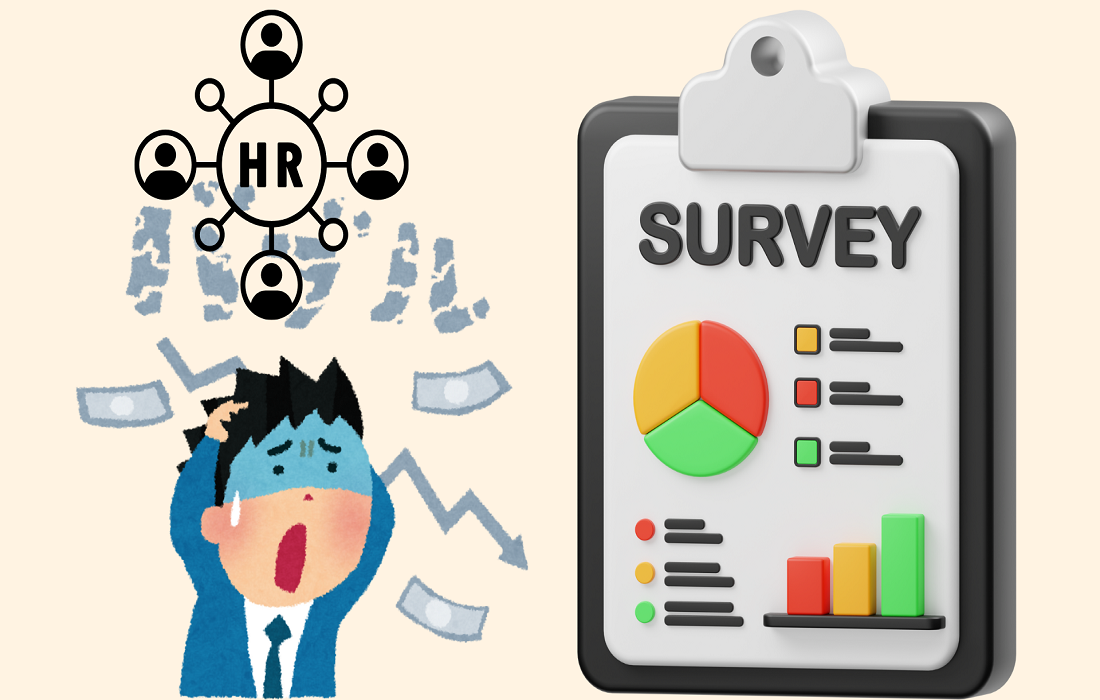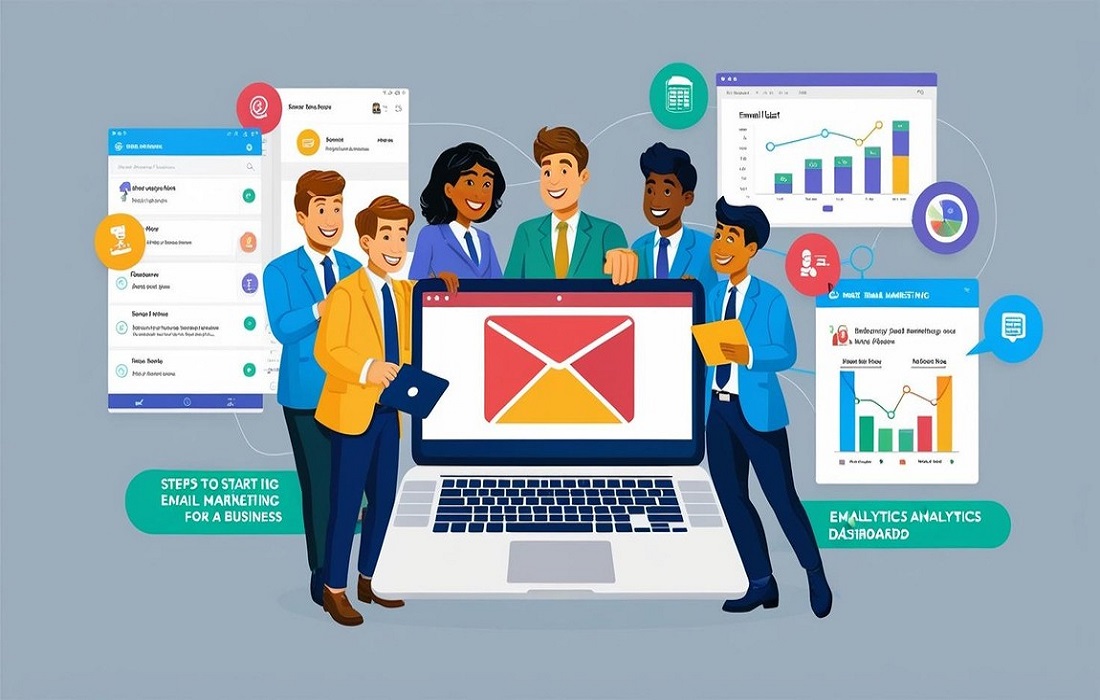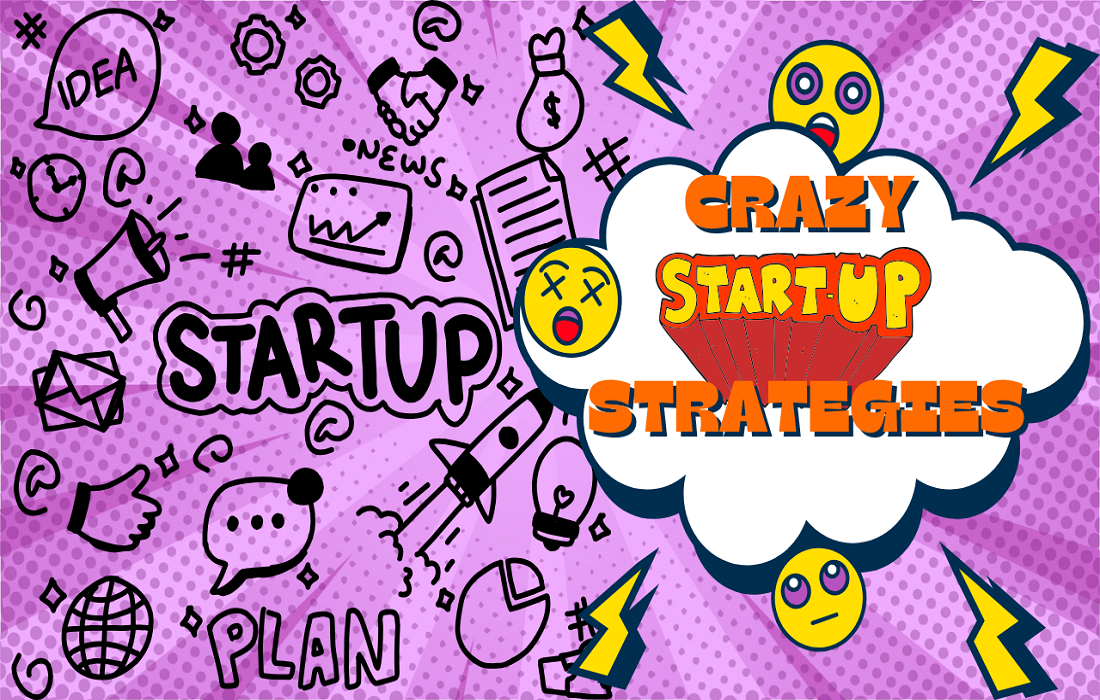The economic survey of India, 2025 is out as of 31 January. This is an annual survey that the Central Govt publishes just before the budget. It has information that will impact your career going ahead. If you are smart, you will look at it to understand new opportunities arising as well as what can cause troubles ahead for you. You can find the highlight data released by the government here.
If you are an HR professional, I did the hard work for you. Read through this to know what to expect ahead if you are an Indian HR professional.
Rising Talent Demand:
- With India’s real GDP projected to grow at 6.4% in FY25 and 6.3–6.8% in FY26, companies will expand operations, spurring recruitment across sectors.
- Increased FDI inflows (up by 17.9% YoY) and rising CAPEX (8.2% YoY growth recently; 38.8% increase from FY20–FY24) will drive demand for specialized talent in areas like infrastructure, technology, and finance.
- The falling unemployment rate—from 6.0% in 2017–18 to 3.2% in 2023–24—suggests a tighter labor market that will intensify competition for skilled workers.
Digital Transformation in HR:
- As businesses adopt AI-driven recruitment and HR analytics to manage rapid scaling, demand for HR tech solutions will surge.
- Investment in digital HR platforms for remote onboarding, performance management, and data-driven decision making will create new service niches.
- This digital shift will increase opportunities for HR professionals skilled in technology and analytics.
Upskilling and Reskilling Initiatives:
- The need to bridge the skills gap in a fast-evolving economy will lead companies to invest heavily in employee training and continuous learning programs.
- HR firms offering comprehensive learning and development (L&D) solutions will be in high demand, particularly in sectors undergoing rapid technological change.
- Young HR professionals should consider developing expertise in ROI driven AI-enabled digital training, e-learning platforms, and organizational development.
Regulatory Compliance & Labor Law Advisory:
- With ongoing structural reforms and moves toward deregulation (Ease of Doing Business 2.0), companies will face new compliance challenges and labor law updates.
- There will be growing demand for HR professionals who can help organizations navigate regulatory changes and implement robust compliance frameworks.
- HR professionals who have specialized knowledge of employment law and regulatory advisory will have a competitive edge.
Sector-Specific HR skills more in demand:
- Industries such as infrastructure, renewable energy, IT, and manufacturing are set for expansion and will require tailored HR strategies to manage large-scale hiring, retention, and workforce planning.
- Opportunities will arise for HR consultants who can provide customized solutions for high-growth sectors where supply of specialized HR talent is limited.
- HR professionals should consider building sector-focused expertise to offer targeted advisory and recruitment services, or simply to switch to sectors with high demand that can pay more
Opportunities for HR Professionals:
- Develop expertise in HR analytics, digital transformation of HR processes, and technology-enabled recruitment.
- Focus on upskilling in areas like employee engagement, learning and development, labour laws and compliance management.
- Expand your expertise to include HR tech solutions (e.g., AI-driven recruitment, HR analytics platforms), AI driven training, comprehensive RPO services, and specialized sectoral compliance.
- Target high-growth sectors with tailored HR solutions based on pervasive industry problems and learn about digital tools that streamline talent management.
- Consider strategic partnerships with technology providers to offer integrated HR solutions that address the evolving needs of a rapidly growing and diversifying economy
This is a once of a lifetime opportunity. It’s like everything is changing at once, and HR professionals would be in the driving seat. Are you ready to navigate the crazy roads ahead?






Leave a Reply